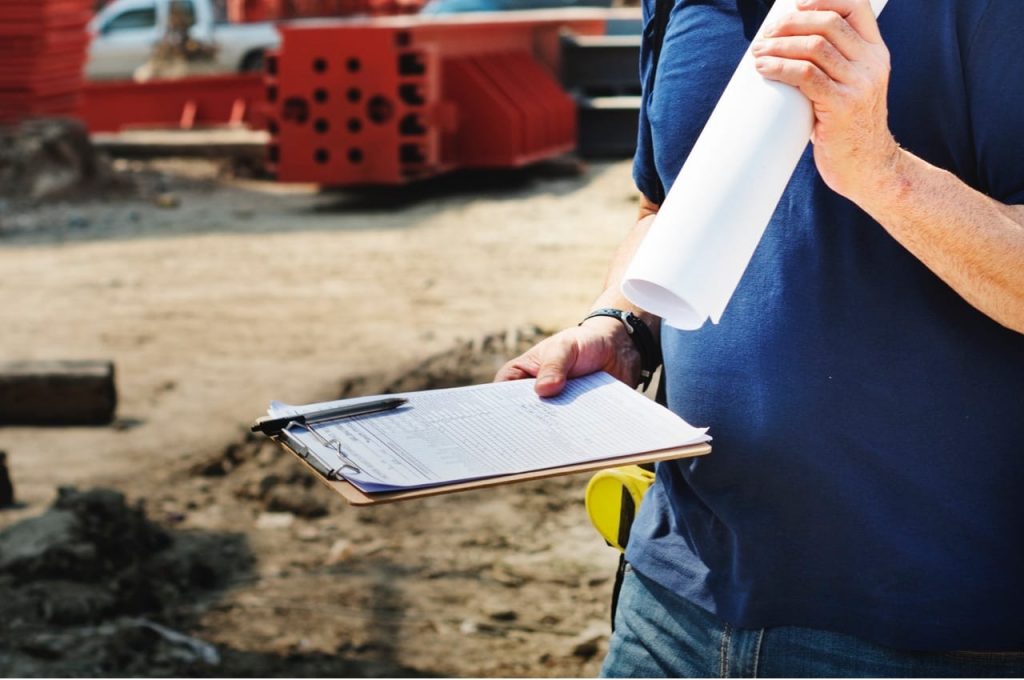Starting your own business is as exciting as it is nerve-wracking – as most potential business owners know, when starting a business there is much to gain, and just as much to lose. As a newly appointed boss, it’ll be your responsibility to take charge, make the big decisions, and take time to learn all the necessary skills to thrive. Taking the leap into small business ownership means you’ll be in control of your earning potential, a major draw for tradies. Some of the skills you’ll need to learn to make sure your business succeeds include administration, marketing, customer service/management and accounting. One of the best ways to gain these skills is to enrol in a Diploma of Building and Construction with CWBTS.
But, luckily for you, this is a path well travelled. The question of how to start a construction company in Australia is one that has all the answers at your fingertips. Making the switch from a career on the tools to one as an owner, you’re among countless other tradies who have kicked their career up a notch and revelled in the rewards using a Diploma of Building and Construction.
Read on to learn some of the key tips on starting a construction business.

The Value of Experience When Starting Your Business
While a Diploma of Building and Construction online can teach you a great deal, your previous hands-on experience can’t be underestimated; it will be of vital value in almost every aspect of beginning your company.
No matter if you’ve specialised in a particular trade your whole career, or had a more broad industry experience, all tradies are in the best position when it comes to starting a building and construction business. Your previous experience means you know what to look for in potential employees, you’re better able to advise customers on jobs, and you have the skills to plan budgets and new jobs. A Diploma of Building and Construction can help supplement any skills you are less confident in, to ensure you’re putting your best foot forward.
Building your Financial and Accounting Skills
After years in the industry as a contractor or employee, you’ve likely had some degree of responsibility in quoting, budgeting, and invoicing for the work completed. As a business owner, you can combine this understanding of how much things cost and how long they take, while incorporating overhead expenses and business profit into the equation.
Even with this existing knowledge, managing finances is one of the most crucial parts of owning a business. It’s not uncommon for tradies to want to strengthen their skills in this area, and going from a consistent wage to being completely self-reliant, it’s up to you stay afloat which can seem daunting.
You could either speak to an accountant or planner who specialises in helping startups and small businesses, or take a short course on the basics and use self-accounting software like Xero to integrate into your workflow or project management platforms.
Effective Networking is Key
When you’re starting from the ground up, gaining clients and strengthening your network is a top priority. You can start by reviewing your existing contract for any non-compete or client poaching clauses, before making a list of who you know and how their knowledge or expertise could benefit.
Try and think back to previous clients, can you think of any who loved your work, and preferred it to others? Take a look into local networking events to try and find those crucial first clients, and be sure to have a website to direct them to. If you choose to continue your study, courses such as Diploma of Building and Construction online will put in contact with other like-minded people who in future could be business partners or clients.
Talk to your tradie mates and let them know of your new direction, as they may be able to refer jobs on. Is there any way you can offer them a win-win situation, referring back in return? And don’t forget to ask for testimonials and draft up case studies for those first few key clients, to offer future customers as a benchmark of what to expect when doing business with you.

Understanding Tax
Depending on the nature of your previous role, you may have had a certain amount of experience in lodging your own tax as a sole trader or independent contractor. Moving ahead, you’ll want to speak to a qualified accountant about your plans for your business and how tax will need to be paid.
From day one, it’s a good idea to keep a separate account for tax payments. Charge 20% of all jobs straight there, and you won’t even notice it piling up. Forget this step and you’re in for an unpleasant and unbudgeted surprise at the end of your first financial year.
When it comes time to fill out your forms, you’ll be grateful if you’ve kept a detailed record of expenses, income streams, assets and deductions. Take the time to get your software right, and much of this could be done for you. The Australian Taxation Office’s myTax tool can help to provide you with an introduction.
Make the Most of Time-Saving Software
It’s common to be excited when starting a business, and you might want to register a business name and onboard employees quickly to get things going, but slowing down and taking your time can often benefit your business in more ways than one. When setting up a building and construction business, it’s worth taking your time, and the skills you learn from a Diploma of Building and Construction can help you tick of the right boxes, no matter the size or scale of your business.
To start off with, you’ll need a website, likely some basic accounting software, as well as a specialised building and construction project/workflow tool. This last one may also be able to track your time, your vehicle usage, and provide basic reports and analysis, and your accounting package should be designed to communicate with it.
Your goal should be to streamline processes (building and construction, as well as behind-the-scenes ones) from the beginning, no matter how simple your first job is. Use it as a test run to make sure everything flows as it should, from writing your first quote to invoicing that first job. Get this right, and scaling up as your business expands will be as hassle free as possible.
To find out more about CWBTS’s Diploma of Building and Construction, or to get some more help in setting up your small business, give us a call on 1300 4 CWBTS or get in touch here.





